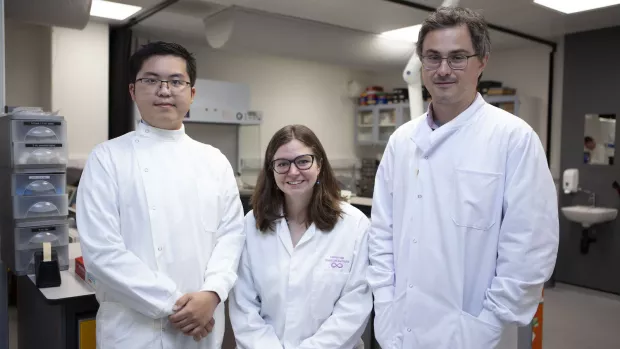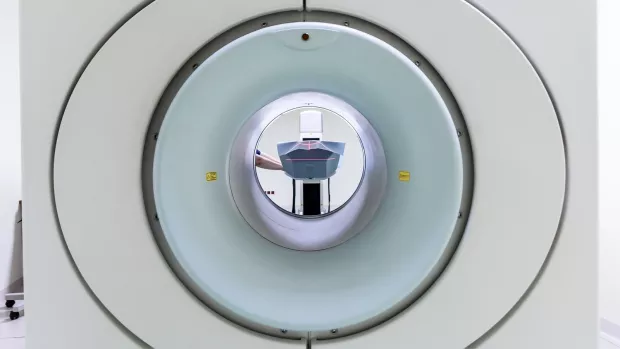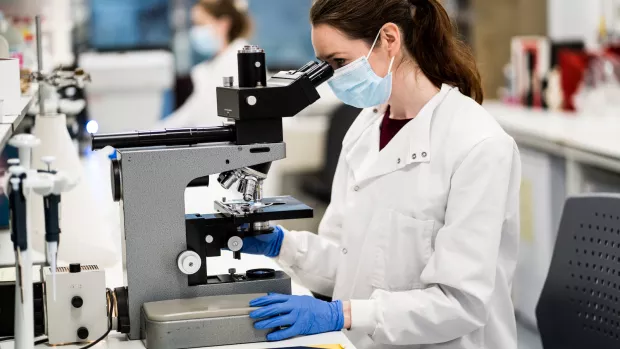New ways to investigate MS progression using MRI

- Lead researcher:
- Professor Claudia Wheeler-Kingshott
- Based at:
- Institute of Neurology, UCL
- MS Society funding:
- £366,687
- Status:
- Active
Magnetic Resonance Imaging (MRI) plays a vital role in how we diagnose and monitor MS. But MRI scanners often aren’t sensitive enough to capture what’s really happening to our nerve cells in progressive MS.
Claudia and her team have been developing a new, faster, more sensitive MRI method that allows the researchers to look at damage that’s related to clinical progression in MS. This includes loss of myelin, inflammation and loss of nerve cell fibres.
In this project, they’ll be assessing how well this new MRI technique works. Fifty people with early stage secondary progressive MS and 20 healthy volunteers will be clinically assessed and then have an MRI scan of their brain and spinal cord. This will be repeated 18 months later.
Our researchers can use this data to see if the MRI scans relate to clinical progression, and if they can predict the course of the condition.
How will it help people with MS?
Our researchers hope to use the MRI findings to uncover better ways of measuring progression, which could possibly influence the way we manage progressive MS. The results could also help to make phase 2 trials for progressive MS quicker and more sensitive. This could speed up the development of new treatments.
The difference you can make.
MS in an unpredictable condition, and giving people greater certainty about the future is one of our top organisational goals. But we can only do this with your support - please help us fund more MS research.



